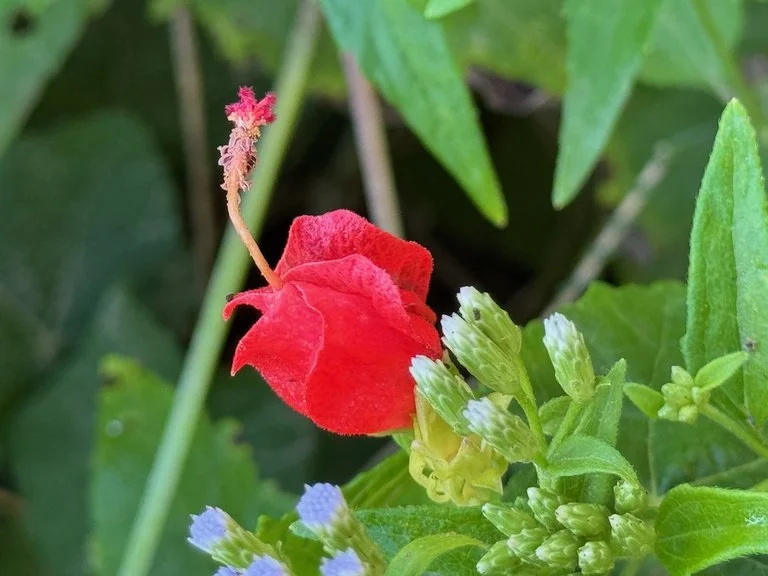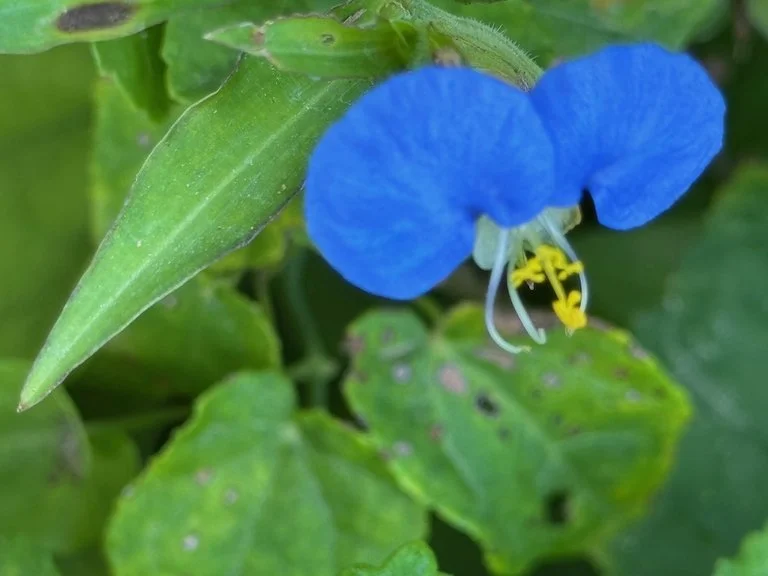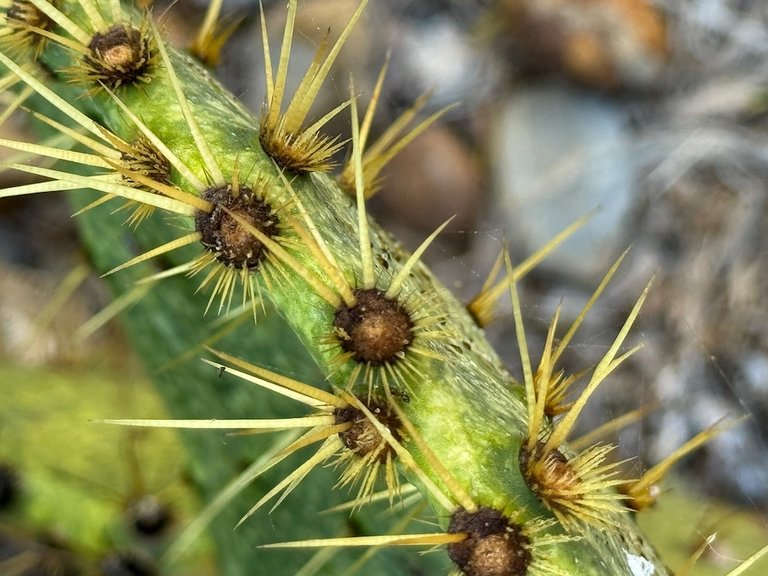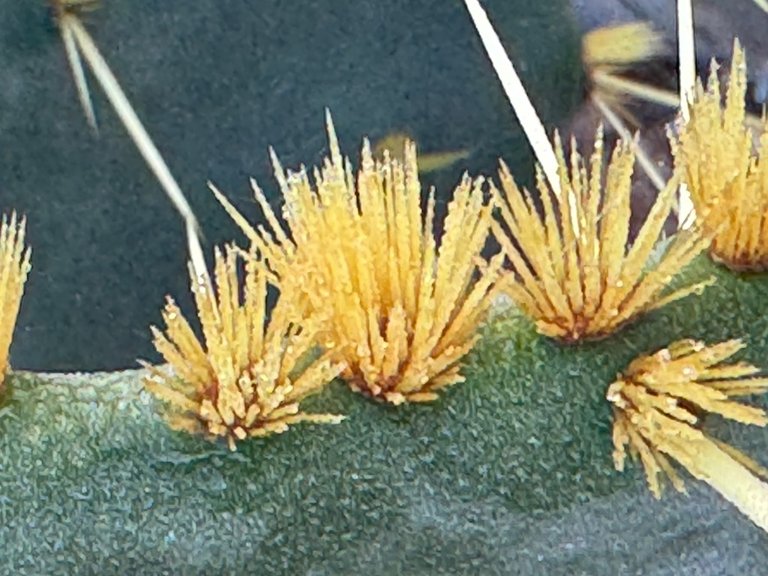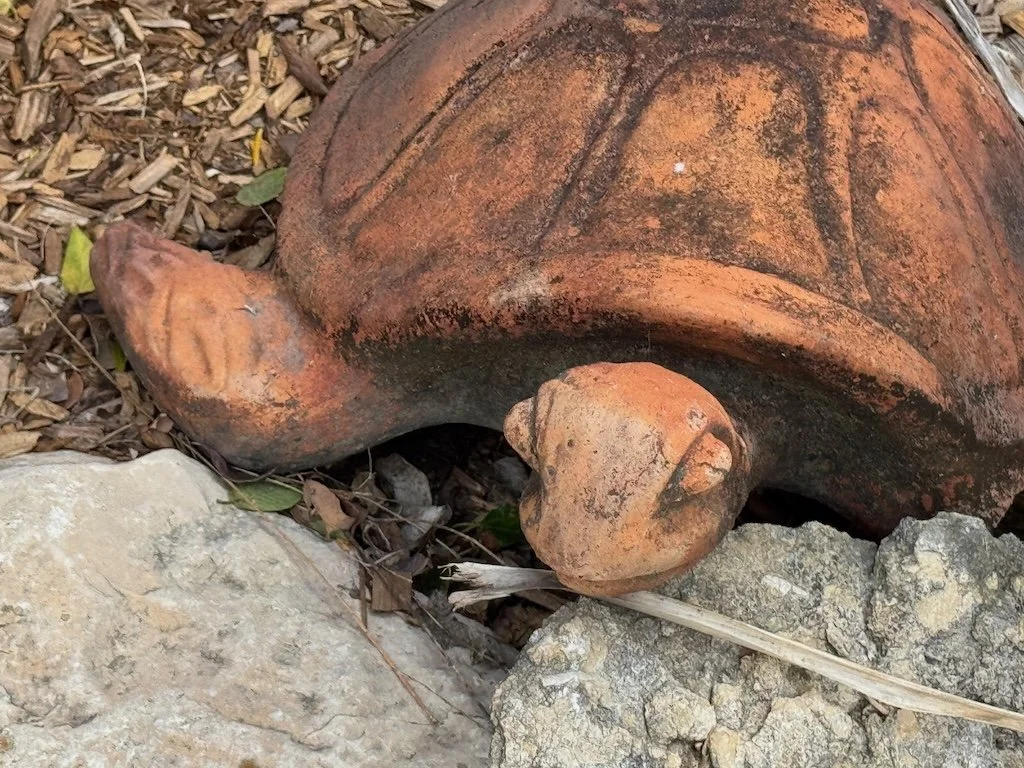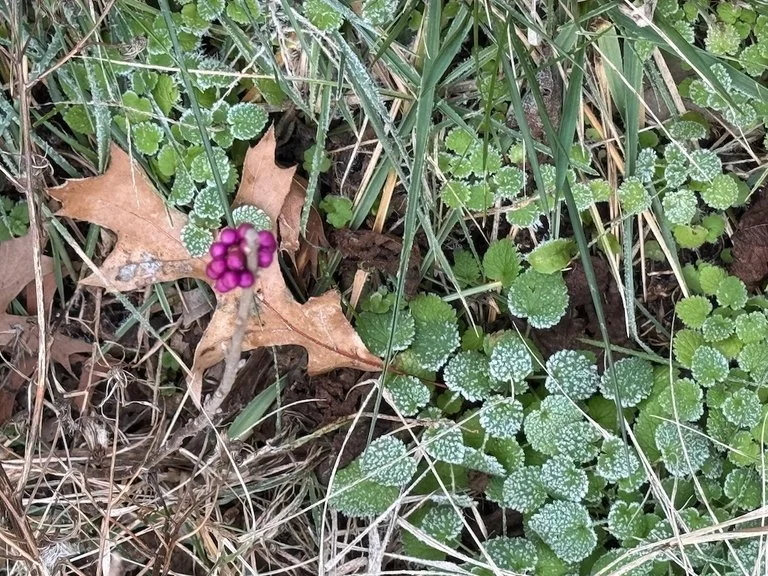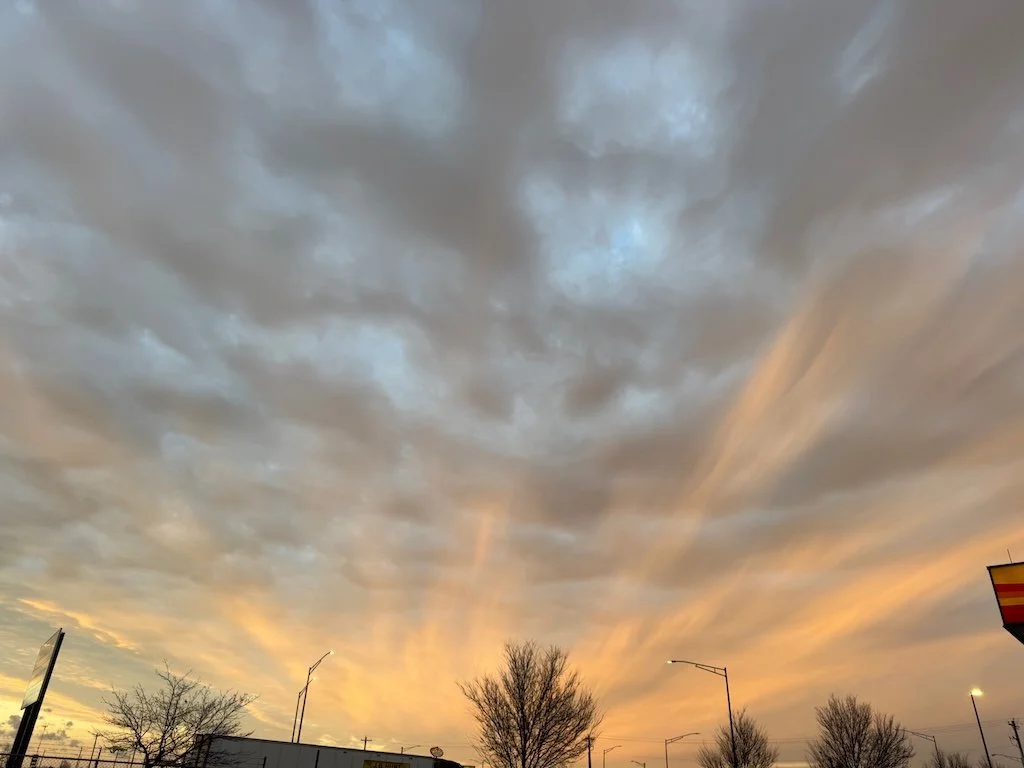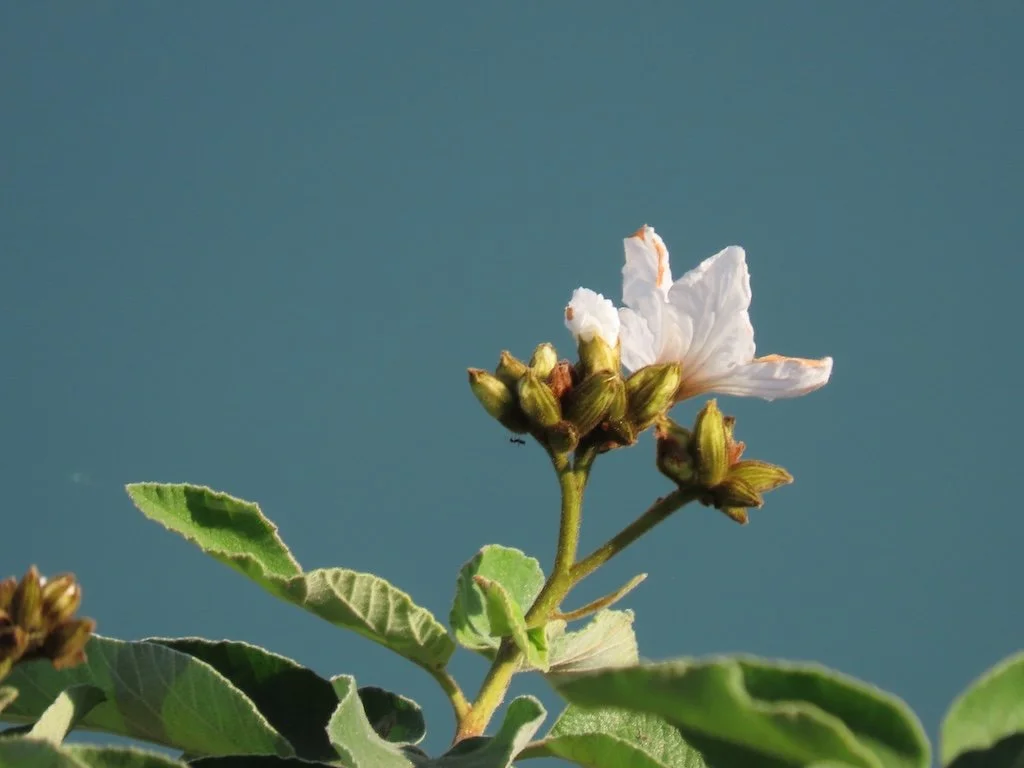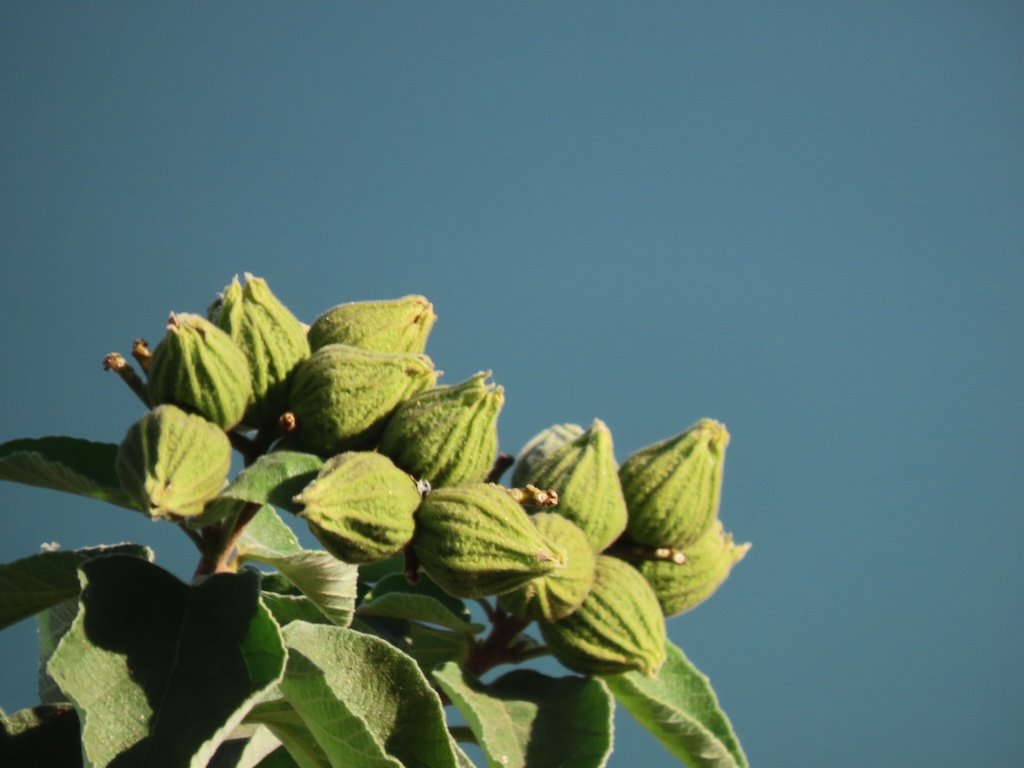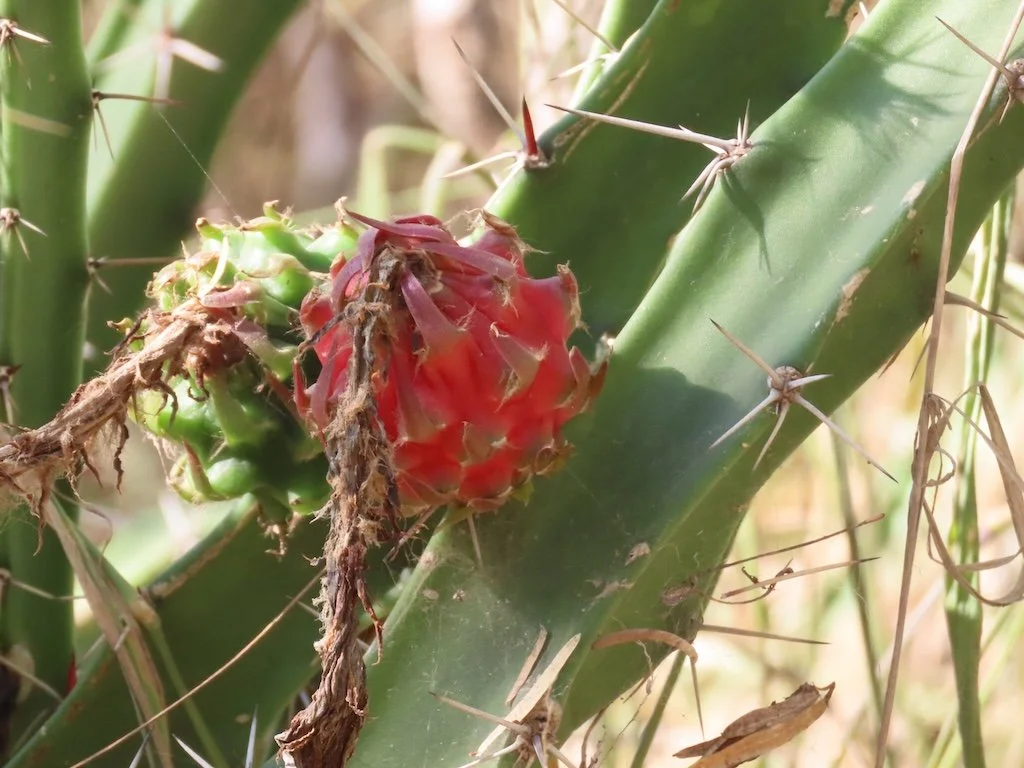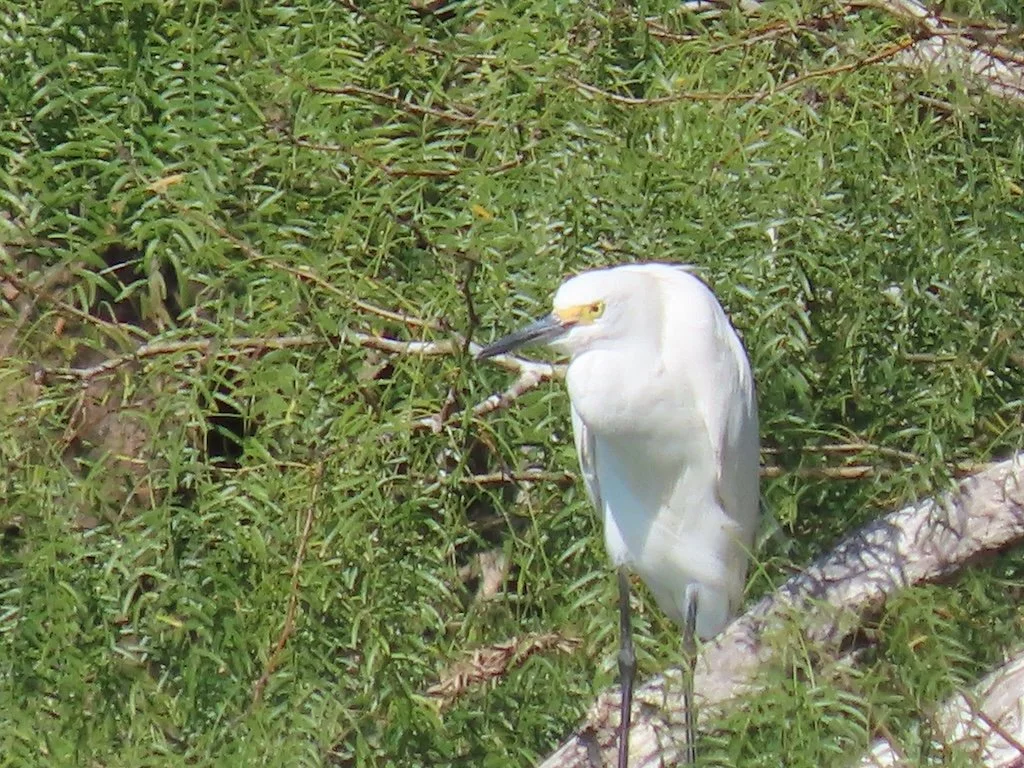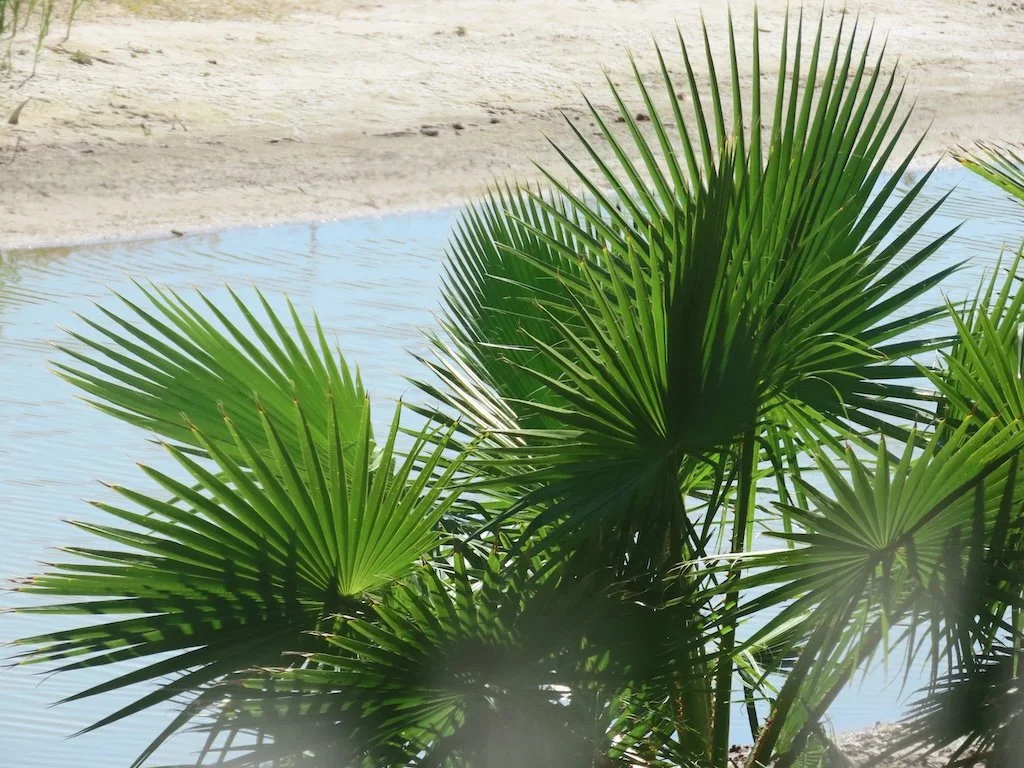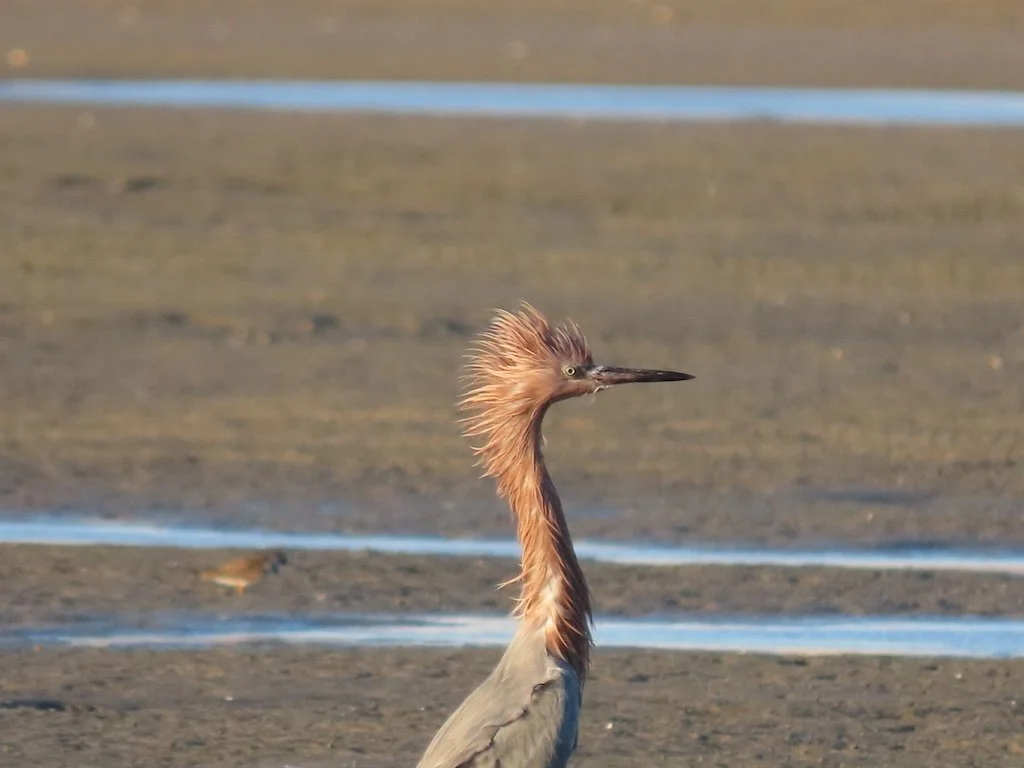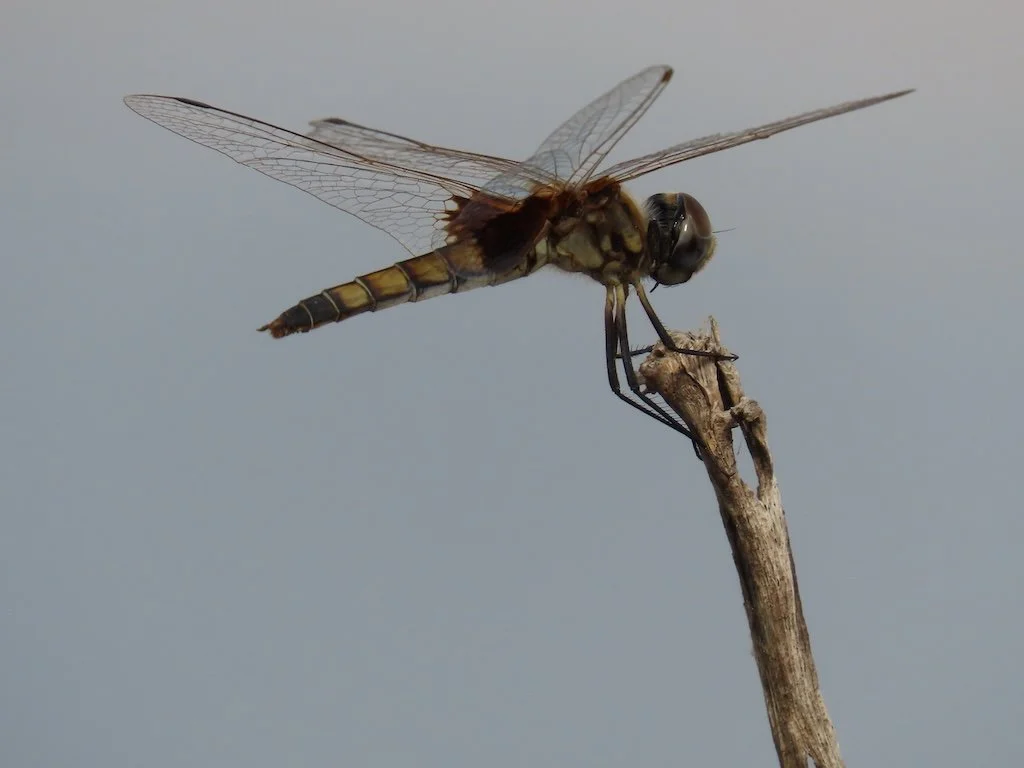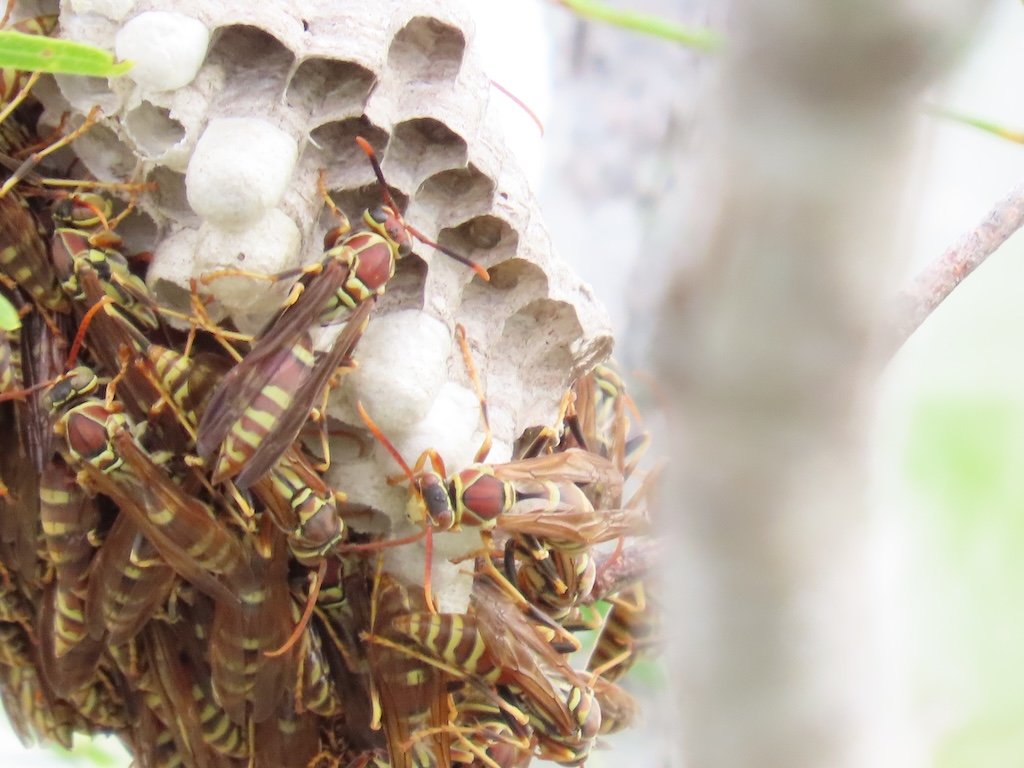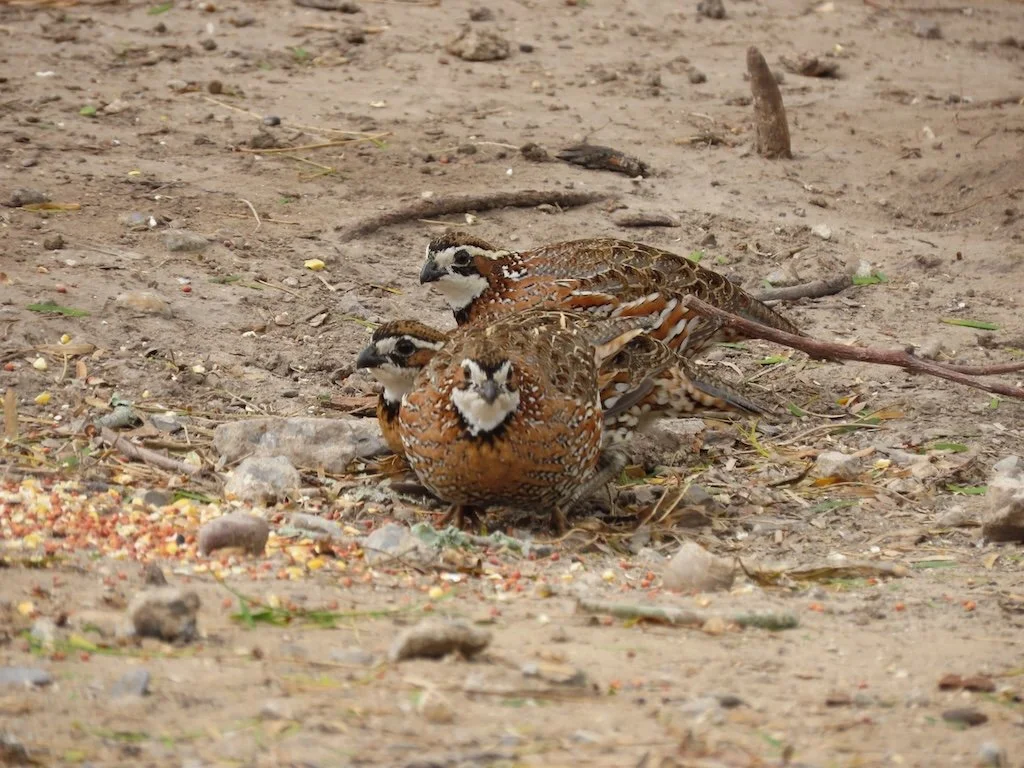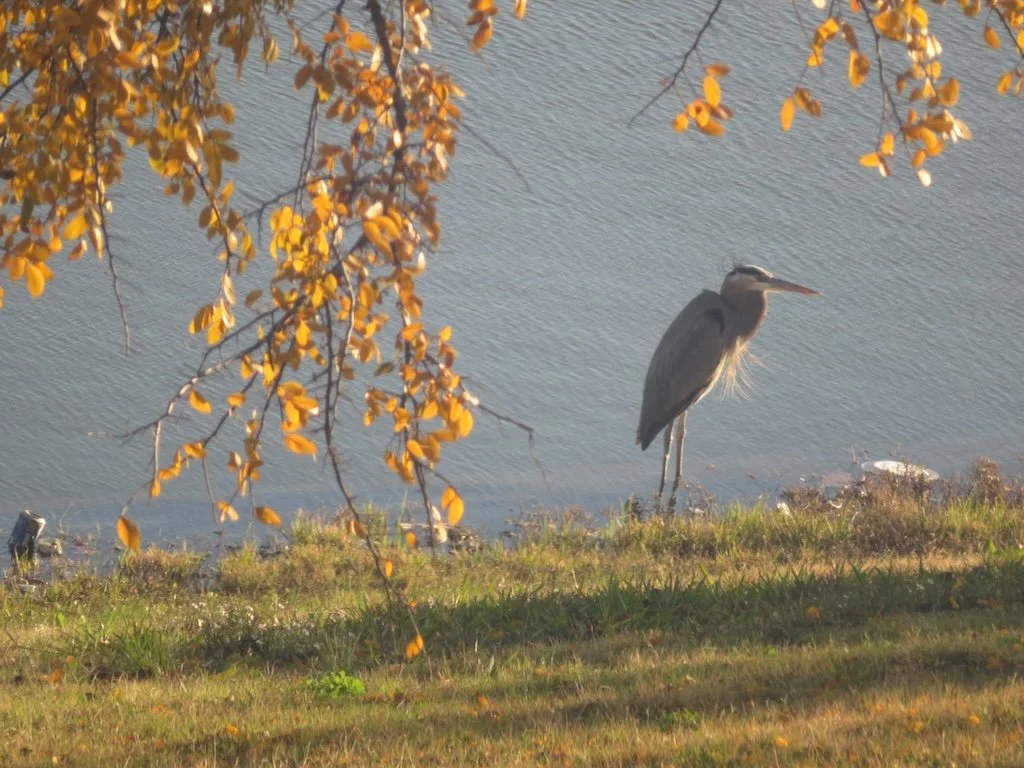Gleanings of the Week Ending February 15, 2025
/The items below were ‘the cream’ of the articles and websites I found this past week. Click on the light green text to look at the article.
Archaeologists Unearth Ancient Footprints of People Fleeing Vesuvius Eruption – From 2,000 years before the eruption of the same mountain destroyed Pompeii.
Oldest Known Evidence of Lead Pollution Found in Ancient Greece - Scientists identified traces of lead contamination that date back more than 5,000 years by analyzing sediment cores from Greece’s mainland and the Aegean Sea. The lead emissions followed the development of smelting technologies, which produced metals like silver. A sharp increase occurred about 2,150 years ago, which coincides with the Roman conquest of the Greek peninsula in around 146 B.C.E. and drove demand for silver higher for currency and lead for construction/tableware.
Half a degree further rise in global warming will triple area of Earth too hot for humans - The amount of landmass on our planet that would be too hot for even healthy young humans (18-60-year-olds) to keep a safe core body temperature will approximately triple (to six percent) -- an area almost the size of the US -- if global warming reaches 2°C above the preindustrial average. Last year was the first calendar year with a global mean temperature of more than 1.5°C above the pre-industrial average, and at current rates of warming, 2°C could be reached by mid to late century.
How Tearing Down Small Dams Is Helping Restore Northeast Rivers - Restoring natural flows, improving habitat for aquatic life, and reopening thousands of river miles to migratory fish, from shad to American eels. I was aware of several dams being removed on the Patapsco River in Maryland before we moved to Missouri.
Yellowstone National Park: Where Geology Is on Display Nearly Everywhere – Maybe we should plan a trip Yellowstone; it’s been 20 years since we were there before. It would be a great capstone to the geology course I am taking this semester.
Restoring Appalachian Forests After a Legacy of Mining – It isn’t about returning land to some “pristine” past. It’s about creating a resilient future, a forest where native plants and wildlife can thrive. When mining companies left, following state and federal guidelines, they often replanted their sites with plants that would mainly reduce erosion. That sounds good in theory, but many of those plants were invasives like autumn olive and sericea lespedeza. Trees that thrived on such sites tended to be adaptable species. These former mine lands offered little habitat to wildlife and little value to carbon storage. The first step is to control the invasives, through mechanical clearing. And then bulldozers rip up the soil. Next came the planting, accomplished by crews hand planting trees on the site, a diverse mix of trees, grasses and wildflowers. Some native plants, their dormant seeds “freed” from compacted soil, return on their own. Wildlife begins using restored areas almost as soon as they’re established. It benefits popular game species like white-tailed deer, turkey and elk.
Vertical Farms Grow in Office Buildings - Vertical farming can make use of vacant office space and grow food where agricultural land might be scarce. One drawback: energy use. Vertical farms need a lot of electricity to run lighting and ventilation systems, smart sensors and automated harvesting technologies….so maybe clad the office buildings in solar panels and put batteries in the basement?
Not so snowy Alaska - A spell of unseasonably warm weather in winter 2024–2025 has meant less snow for parts of the normally frozen state of Alaska. Images from the Moderate Resolution Image Spectroradiometer on NASA’s Terra and Aqua satellites.
Colossal squid: The eerie ambassador from the abyss – The biggest invertebrate on Earth. One of the creatures was captured alive (briefly) off New Zealand 100 years ago. The first clues of their existence in the deep ocean was from occasional remains found in the bellies of whales that hunt them. It has swiveling hooks on its arms and a beak made out of protein similar to human hair and fingernails. The eyes are the largest eyes found in any animal yet discovered.
The Breathtaking Hermitage Museum, Filled with Treasures Like the Kolyvan Vase and the Peacock Clock, First Opened to the Public on This Day in 1852 – There are 6 main buildings and it has about 50 cats that keep it free of mice! It is the second largest museum in the world (the Louvre is the largest).

